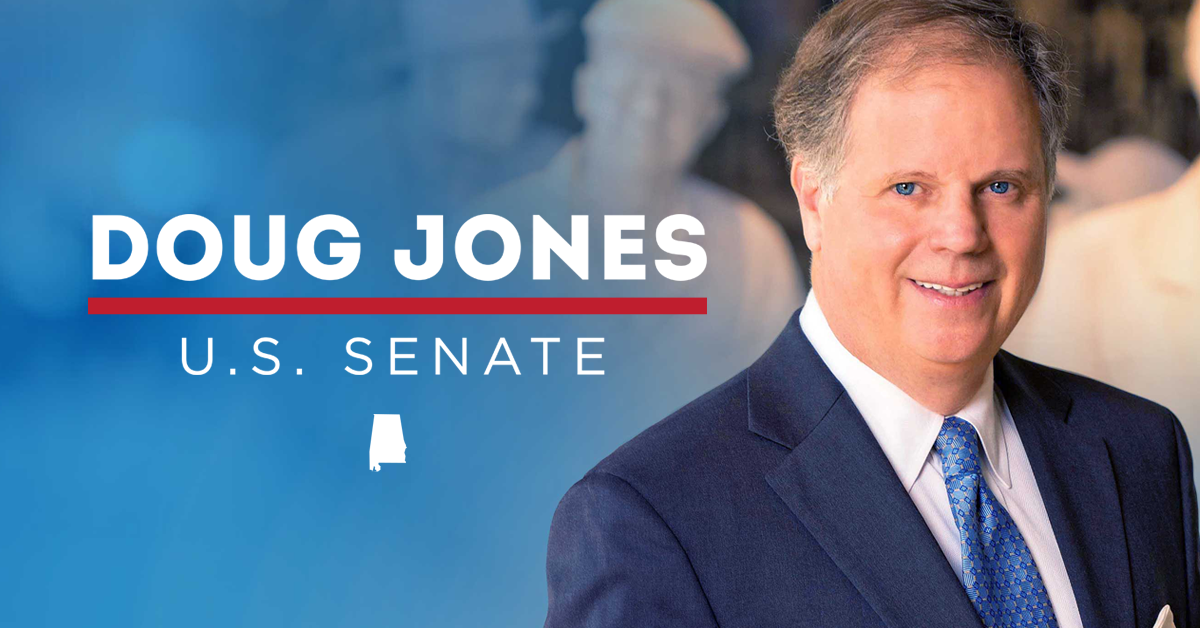It’s election day in Alabama. If recent electoral trends are a reliable metric, today’s election is probably a preview of what we can expect to see more and more often in the years to come: a wildly unqualified Republican candidate whose character alone should disqualify him from office and an unapologetically pro-choice Democrat who represents the increasingly strident social progressivism of his party.
Certainly that is what we have with Moore and Jones. It is also what we had in the presidential election last November. Given that, it’s reasonable to zoom out a little bit and talk about some of the challenges with voting in such a disordered system.
Login to read more
Sign in or create a free account to access Subscriber-only content.
Topics:
